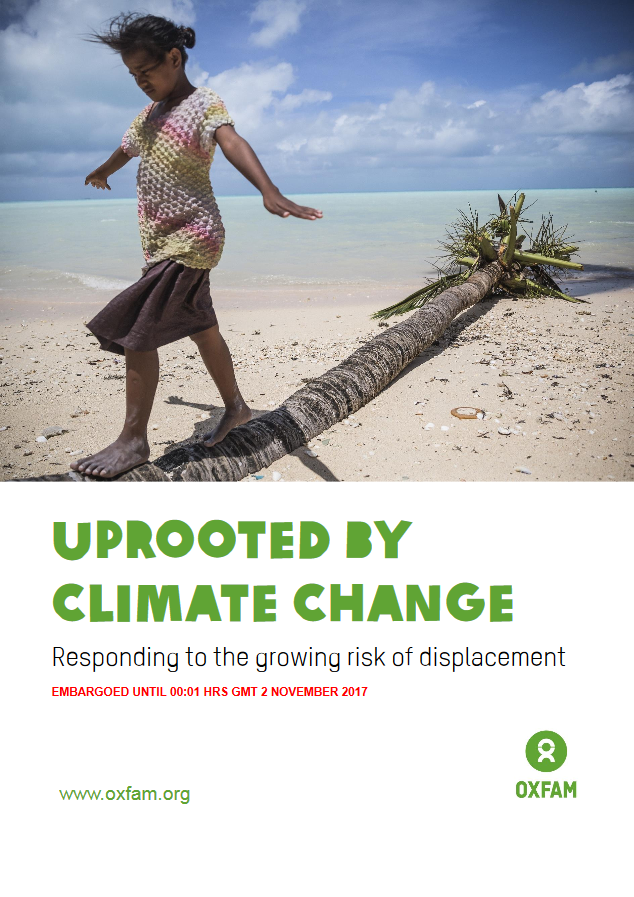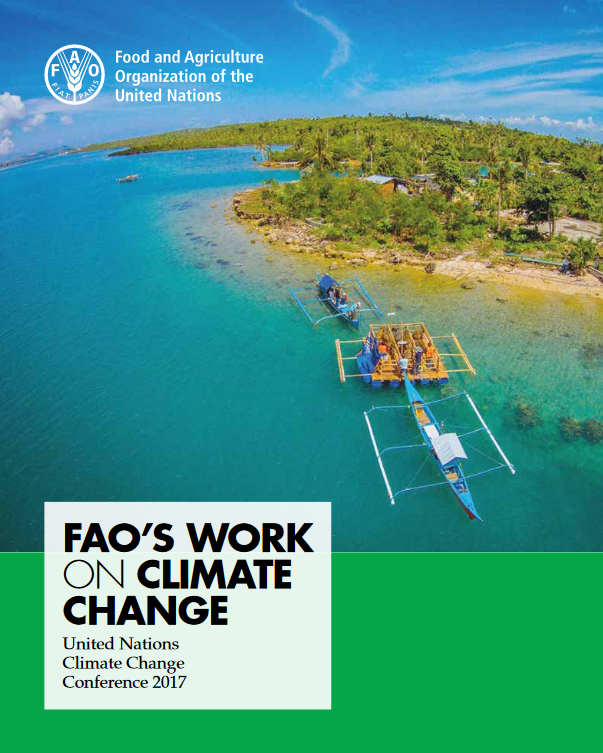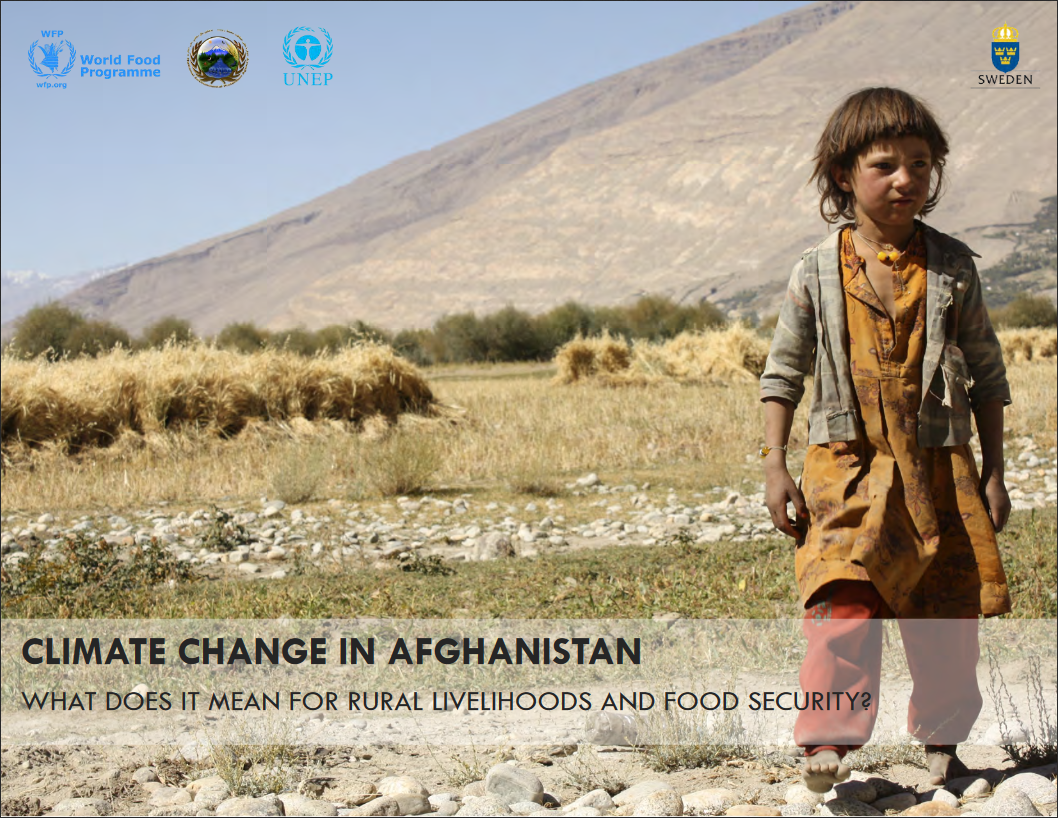NATO Report on Food and Water Security in the MENA Region
The NATO Parliamentary Assemblies’ Science and Technology Committee drafted a new report on Food and Water Security in the Middle East and North Africa. The report underlines that pressures on natural resources and connected impacts on food production are factors that contribute to the (in-) security of the MENA region. The document summarizes causes as well as possible technical and governance approaches to improve food and water security in the region. The initiative shows that the role of environmental resources is increasingly taken seriously in the sphere of security policy.





